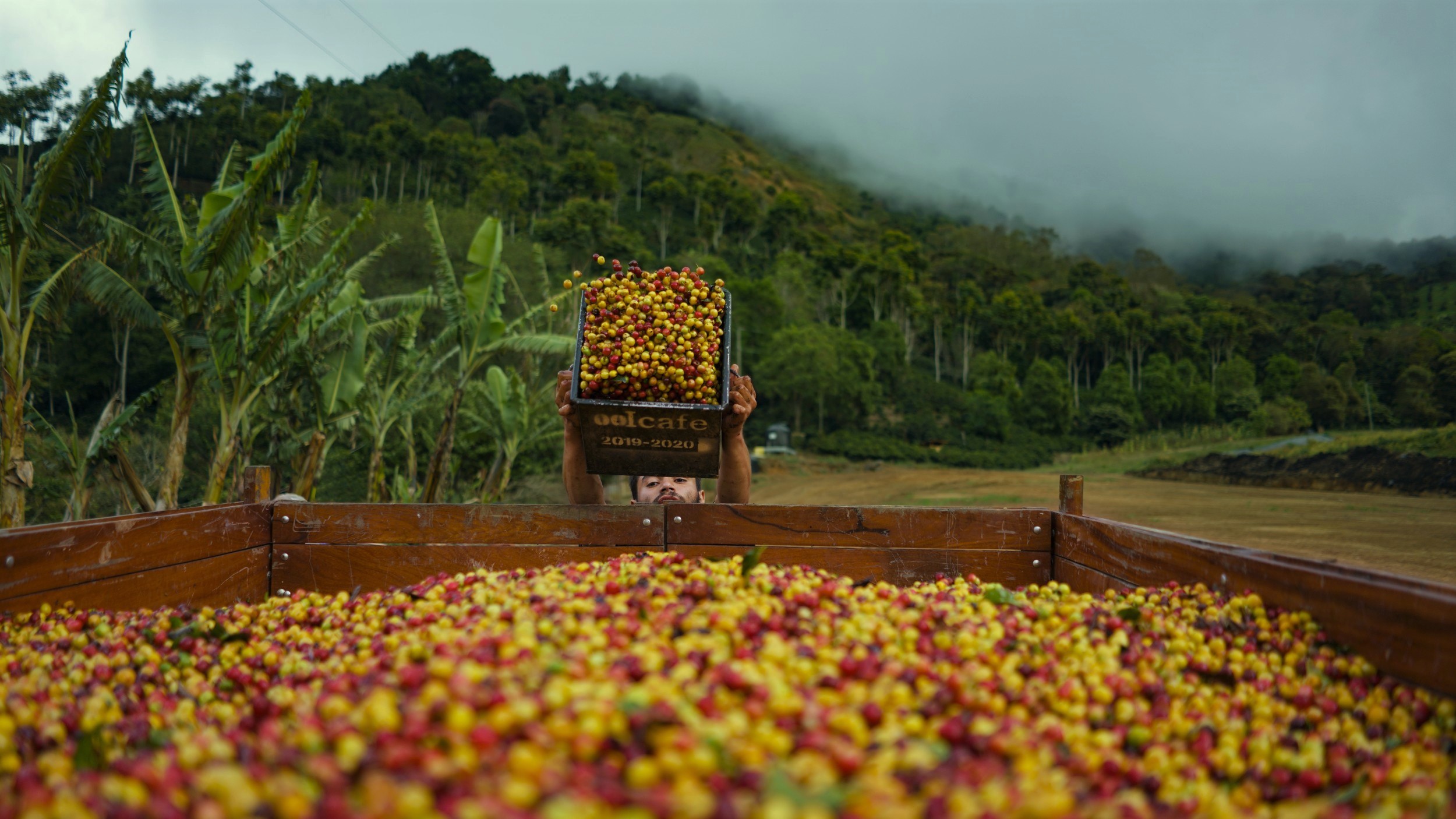Costa Rica Coopedota Tarrazu Honey – 31532 – GrainPro Bags – SPOT RCWHSE
Position Spot
Bags 0
Warehouses Oakland
Out of stock
About this coffee
Grower
Cooperativa de de Caficultores de Dota R.L
Altitude
1550 – 1950 masl
Variety
Catuai, Caturra
Soil
Volcanic loam
Region
Santa María de Dota, San Jose province, Costa Rica
Process
Honey processed, depulped and immediately dried on raised screens in the sun
Harvest
October- February
Certification
Conventional
Coffee Background
Cooperativa de Caficultores de Dota R.L (CoopeDota) was founded in 1960 and services more than 900 farmers of all sizes living throughout the Dota canton, or district. CoopeDota is an extraordinary cooperative with seemingly endless social programs for its members. They produce a wide variety of processing styles and cup profiles, far beyond what most traditional Central American coops are capable of, and they are certified carbon neutral as well.
An Exemplary Cooperative in Santa María de Dota
There is nowhere like Costa Rica when it comes to coffee cooperatives and Cooperativa de Caficultores de Dota R.L (CoopeDota), which was established in 1960, is one of the finest. Nearly 900 producer-members living throughout the canton of Dota within the province of San Jose, Costa Rica focus their attention on farm management throughout the year and then deliver their cherry to the CoopeDota mill where traceability and quality control are second to none.
CoopeDota has an equally intricate model of income diversification with a profitable agriculture supply store and tourism department dedicated to showing off coffee farms to visitors. They also roast their own coffee and operate three cafes and a cupper/barista training center. Their commitment to the environment also extends to the community of Santa Maria de Dota where the cooperative manages trash pickup for the entire town.
There are seemingly endless social programs managed by CoopeDota. There is the usual financing structure for members’ harvest labor and inputs, as well as agricultural training to help members maximize their productivity; there are also programs for food collection and distribution, elderly care, charity programs and operations through the area's Catholic church, a coffee business educational curriculum for local high school students, sports teams, and cultural events, all supported or managed by the cooperative.
CoopeDota has a first of its kind certified carbon-neutral mill, which features hydro-powered energy consumption, water efficient eco-pulpers (also called a demucilager), and mechanical coffee dryers fueled by coffee parchment. Honey process lots, like this one, are eco-pulped and then moved immediately to mechanical dryers to dry.
Classic dwarf cultivars grown by Coopedota’s members here include Caturra (a single-gene Bourbon mutation first identified in Brazil in 1937) and Catuaí, an engineered hybrid of Yellow Caturra and Mundo Novo (a spontaneous Typica-Bourbon hybrid). The short stature of these trees is favored by many growers, as one of the core benefits is more densely planted fields, which can increase the yield per hectare.




